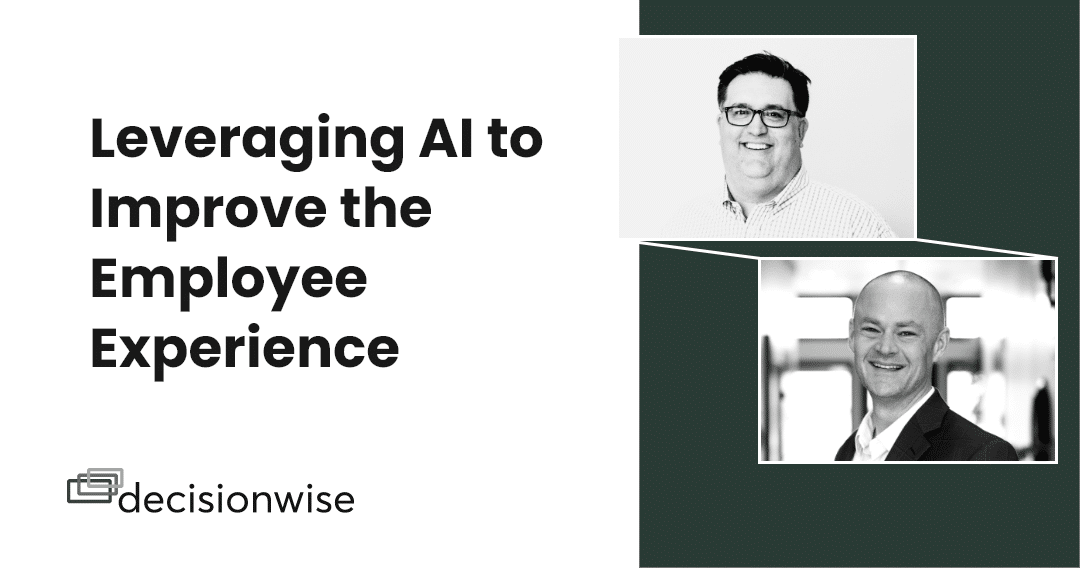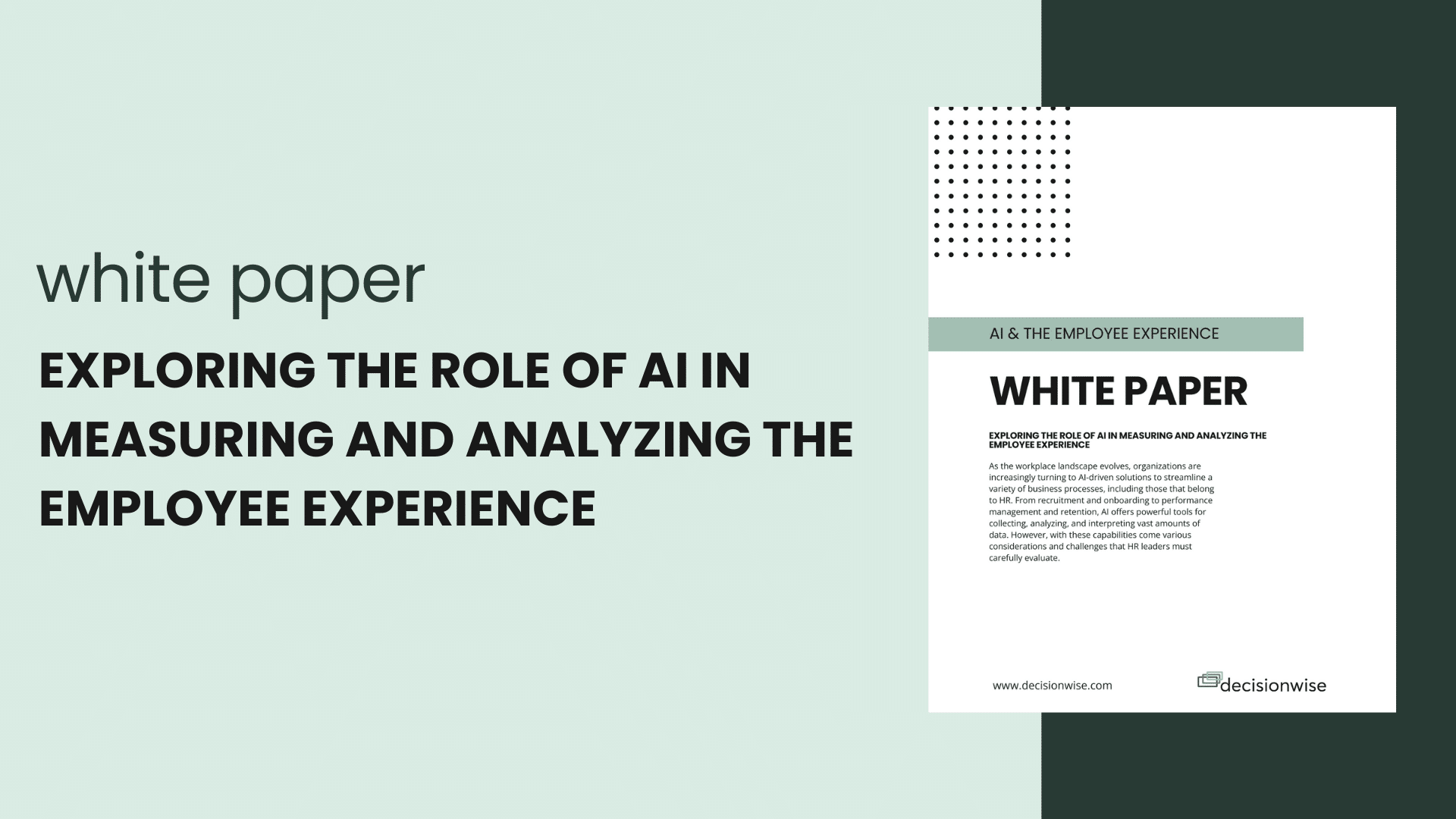A New Realm of Employee Experience
In 2020, COVID-19 changed the way we work forever, and the changes have not been subtle!
Before COVID ensnarled the world, managers spent much of their time focused on organizing and coordinating the work that needed to be done. They were primarily evaluated and compensated based on their ability to complete tasks. They spread the rest of their time among various administrative duties that required their attention at the time such as hiring, onboarding, training, complaints, performance reviews and so on.
Now, remote teams are the norm in many industries, and hybrid work environments and schedules are becoming standard practice. Even within traditional industries, such as manufacturing, employees have more options than ever before. Employees who were previously forced to relocate to find new jobs due to geographical restraints can now do so without uprooting their families. Armed with these new options, employee expectations are changing and becoming more complicated; it’s no longer just about compensation.
The upshot of these changes is that companies and leaders must adapt. Managers are now spending half of their time coordinating the work to be done and the other half in a new realm known as the employee experience. Employees want:
- meaningful attention and understanding
- to know their opinions are valued
- consulting on their own work and how the team operates
- a say in how things are done
- to belong to something that is greater than themselves
The experience employees have at work matters greatly to them and has taken on heightened importance. As former U.S. President, Bill Clinton, once said:
“The price of doing the same old things is far higher than the price of change.”
To help leaders in managing this new realm, HR and Talent professionals must arm their operational leaders with the most relevant and current employee data (feedback) they can pull from their systems.
What Employee Data Do You Need and Why
Sending around company-wide survey results every 18 months is no longer sufficient. To understand the potential reasons why people might be leaving right now, managers need access to exit surveys. They must be familiar with the quarterly net promoter scores (eNPS) in order to gauge employee satisfaction and loyalty across teams. [1] They should receive regular net belonging scores (eNBS), which show how connected their team members are to them as a leader, their teams, and the overall organization. Based on a uniform evaluation scale used throughout the organization, they need to know if their employees are improving.
Employee data must become a reliable source of information from which managers and leaders can make data-driven decisions about their people. This data can assist leaders in creating exceptional employee experiences in areas where operational managers can improve, such as:
- Connecting with their employees
- Building productive relationships
- Understanding their employees’ expectations and aligning them with organizational objectives
- Recognizing employee contributions
- Supporting employee growth and development
- Helping build and maintain trust
- Ensuring that employees feel like they belong
Managers Matter
As evidence of what we are saying, consider this idea from a recent WSJ article (emphasis added):
Internal employee polling at Salesforce reinforced the growing importance of direct manager communication: While employees once considered top executives their most-trusted source of company information, that dynamic flipped during the pandemic. Now, employees rate their immediate supervisor as most important to understanding the organization and its priorities, above the executive team.
“What became really important is: What is my manager saying?” said Brent Hyder, president and chief people officer at Salesforce.
Moreover, a recent HBR article noted that managers that are transitioning to providing exceptional employee experiences are, in fact, doing things differently:
[Employees] expect their managers to devote more time and effort to removing interpersonal and work barriers, coordinating among many stakeholders, as well as coaching and orchestrating their performance. As Liam, one of my respondents, said, “My boss has amped up the operating mechanisms over the last few months; we have regular meetings whereby we go over our goals, our accomplishments, and gaps on a frequent basis so that we are all aligned as to what needs to be done. It has lent a level of predictability and consistency to our world — necessary, since we do not have easy real-time connections anymore.” In a virtual setting, good managers act as enablers, and not as enforcers.
Conclusion
In conclusion, the following key concepts should stand out from this article:
- First, managers who are adapting to new ways of doing work recognize that they are responsible for winning employee experiences (we call this concept leader driven experiences).
- Second, managers need HR and Talent to supply them with as many people or employee data as possible;
- Third, managers are increasingly becoming the primary source of information for employees.
- Fourth, managers must see themselves as enablers rather than enforcers; and
- Fifth, managers must embrace employee/people data over dogma [2] (the old ways we did things).
To summarize, as organizations embrace the changing nature of work, those that capture, analyze, and deliver employee data broadly will be successful.
Managers must now focus as much time on managing and caring for their people as they do on organizing the work to be done. Plus, they must do this in new ways, across distances and time zones, and use new methods and tools to harness the power of employee data.
[1] eNPS, is a scoring system designed to help employers measure employee satisfaction and loyalty within their organizations. It is based on the Net Promoter Score system from Bain & Company, Satmetrix Systems, Inc., and Fred Reichheld, that gauges customer loyalty.
[2] Dogma: a principle or set of principles laid down by an authority as incontrovertibly true.



